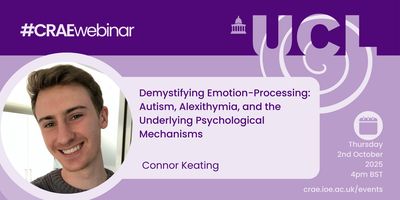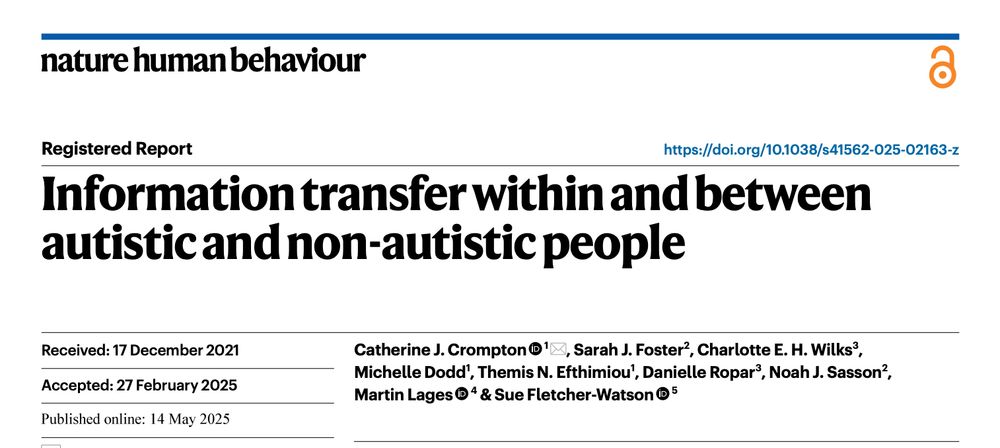Connor Keating
@connortkeating.bsky.social
870 followers
97 following
19 posts
Junior Research Fellow at the University of Oxford researching emotion, social cognition, and autism | Co-director of the U21 Autism Research Network | He/him 🏳️🌈
Posts
Media
Videos
Starter Packs
Reposted by Connor Keating
Reposted by Connor Keating
Reposted by Connor Keating
Reposted by Connor Keating
Reposted by Connor Keating
Reposted by Connor Keating







